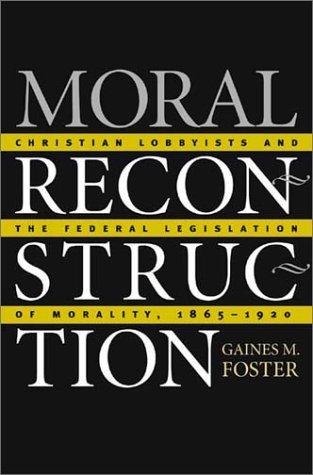 |
| Image by UNC Press |
The Ducktown Basin, Maysilles explains, was a geography that cried out for disaster. The rich copper deposits right on the surface were too tempting for miners to ignore. Transportation deficiencies made the raw materials too expensive to transport off site to smelt. The sulfur content of the rocks was unusually high, creating unusually toxic smelting smoke. The geography of the basin was such that the smoke, once in the air, could not escape and dissipate into the atmosphere. The moist climate of the temperate rainforest meant that the chemicals were constantly being delivered back into the the soil in the form of toxic rain. The resulting concentration of chemicals in the air and water stripped the soil, killed the trees, and launched a legal battle between the state of Georgia and the mining companies that made it all the way to the Supreme Court on multiple occasions.
Intrigued as I was by this untold story and fortunate enough to be going to east Tennessee for a visit, I took the opportunity to drive down to Ducktown and see what remained of the infamous badlands created through ignorance, negligence, and geographical misfortune. The answer: very little. At the Ducktown museum, which commemorates both the mine and the unusual topography it created, the woman behind the desk took me with pride to a satellite photo of the region from some decades ago. She recalled with pride, "The only two man made things you could see from space were the Great Wall of China and the Tennessee Badlands." The nostalgia poured out of her as she remembered a time when, stripped of all flora and fauna, she need not worry about snakes or mosquitoes like her neighbors outside the basin in the lush Tennessee mountain forests. "It's too bad," she told me, "because we just look like everyone else now." Maysilles tells a different story, one of workers who had to have separate car for work and everything else because just by driving into the basin the air would begin to peel away the paint. He shares, perhaps for the first time for modern eyes, the stories of small subsistence farmers who had their land stripped of its fertility and, when they protested, found themselves fired from the mines where they worked to supplement their income. He tells of a single woman who spent years in court seeking damages from the mining companies and won, only to have her settlement reduced to one dollar on appeal. Memory is truly a curious phenomenon, and it is difficult to sort out whose story should take precedence: Maysilles, the outside critic, or the woman at the museum who grew up in Ducktown and whose husband was a mine worker.
In any case, the story does not linger in the confusing days of the Tennessee Badlands. Cooperative ventures by the government and the various industries who have controlled the mining companies over the years have struggled to make the basin green again. These herculean efforts to reforest have been largely rewarded, though not immediately and not without struggle and expense. Driving over the crest and into the basin, we noticed no difference between the forests without and the forests within. The Ducktown Basin is teeming with life again, even snakes and mosquitoes. As the reforestation began to take hold, many in the basin, I suspect the woman at the museum among them, lobbied to have a piece of the badlands preserved as a memorial. It was actually this memorial that I had traveled out to see, a relic of the way the basin had looked when it was an environmental catastrophe and a tourist attraction. Here then, is the arbor day miracle. The reclamation efforts have been so successful, life so insistent on reclaiming the dead basin, that it is a struggle to keep the last little bit of badlands in its pristine, unnatural state. Here it is, as it appeared at the time of my visit, trying to fight off the invasion of trees, but failing so completely that the little saplings are springing up even in the steep slope that terminates in a flooded mineshaft:

Maysilles has given the curious and patient reader a wonderful glimpse into a largely ignored subject. His interest is primarily in the way the legal battle continues to be cited in major environmental cases today. Mine was in the hidden treasure that had been in my backyard all the years I lived in Tennessee but that I had never known about until I left. A law student told me recently that she loved the way Maysilles had made obscure legal principles comprehensible, in ways that even her text books couldn't. Whatever it may be, if something about Ducktown has peaked your curiosity, I highly encourage picking up this book. I also wholeheartedly recommend that anyone in the region make a journey down to Ducktown to explore. The drive is beautiful (no matter what direction you come from), the community is quaint, and the history is engaging.
And if you should stop in and see the precious little old woman at the museum desk, tell her you read about her online and that there are still people fascinated by her community, even if they "just look like everyone else now."





